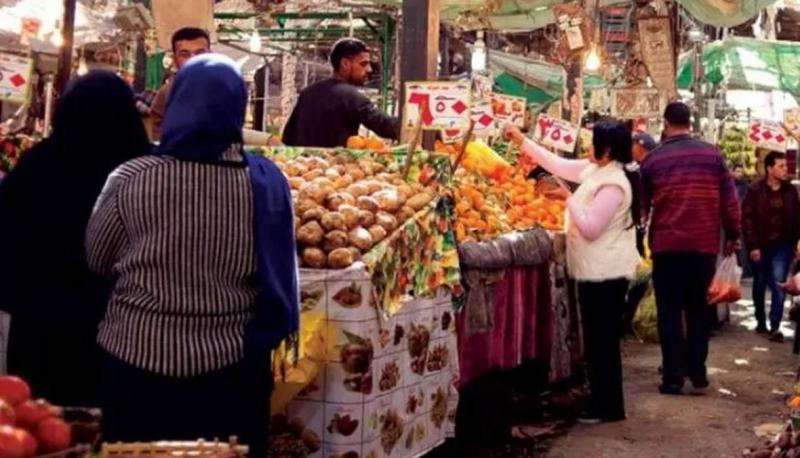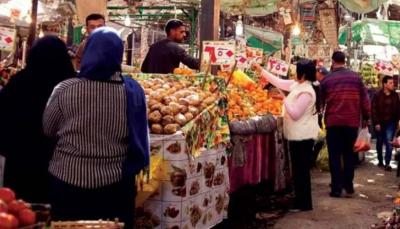A survey conducted by "Reuters" on Tuesday indicated that inflation in Egyptian cities is expected to rise again in July after reaching an all-time high in June, driven by continuing increases in food prices. The average forecast from 15 analysts who participated in the survey expects the annual consumer price inflation in cities to rise to 36.5% in July from 35.7% in June. The previous high was recorded in July 2017 at 32.95%.
Capital Economics, which projected an annual price increase of 36.7%, suggested that inflation for non-food items has likely surged due to the devaluation of the pound. James Swanston from Capital Economics stated in a note, "But food is likely to be the biggest driver in July, especially wheat and sugar, which have seen significant price increases. Sugar prices rose 24% in just one month."
The pound has depreciated by approximately 50% since March 2022 after the Ukraine crisis exposed vulnerabilities in the Egyptian economy. The International Monetary Fund (IMF) approved a $3 billion loan to Egypt in December under the "Extended Fund Facility," to be disbursed over 46 months. However, the first review of this program has been postponed amid uncertainty regarding Egypt's commitment to a flexible exchange rate.
Goldman Sachs noted, "The relative stability in the parallel exchange rate over the past few weeks is likely to have aided price stability in other components of the consumer price index, but price pressures are still evident in certain categories along with an increase in tourist inflows."
The average expectations of four analysts revealed that the core inflation rate, which excludes fuel and some volatile food items, rose to a record high of 41.25% in July, up from 41% in June, which is also a record high.
In efforts to contain inflationary pressures and expectations, the Central Bank raised the overnight interest rate by 100 basis points on August 3, bringing the deposit interest rate to 19.25%. Since March 2022, the bank has increased interest rates by 1,100 basis points.




